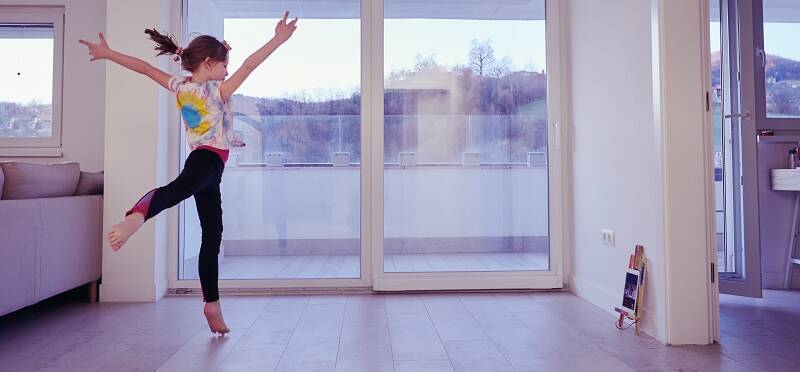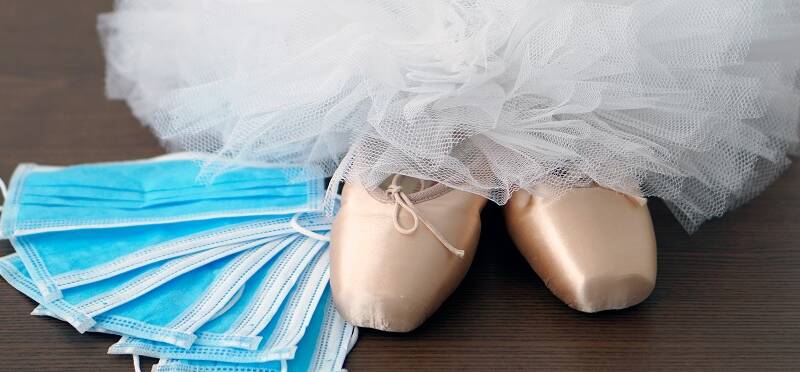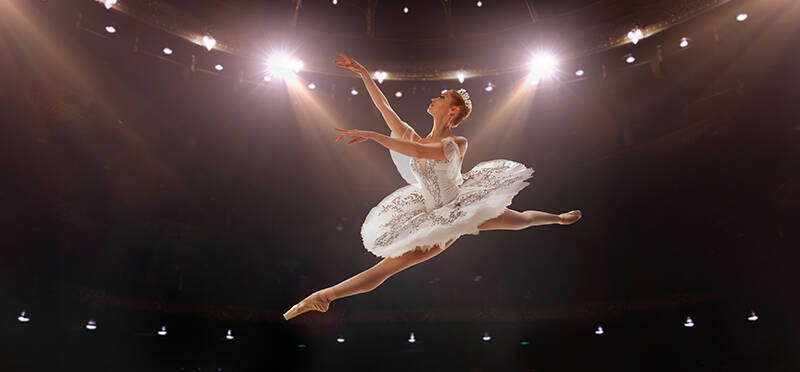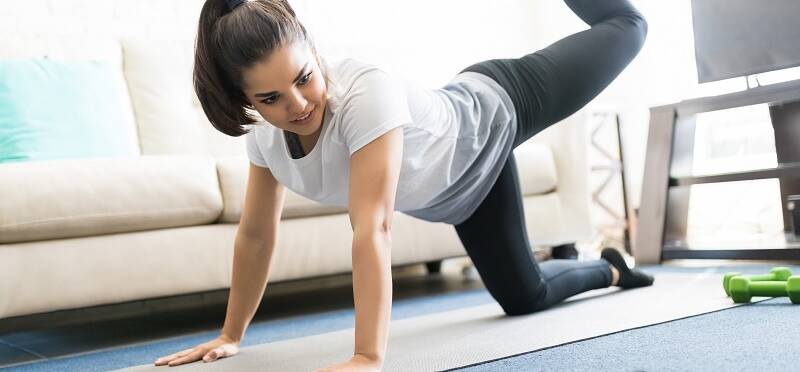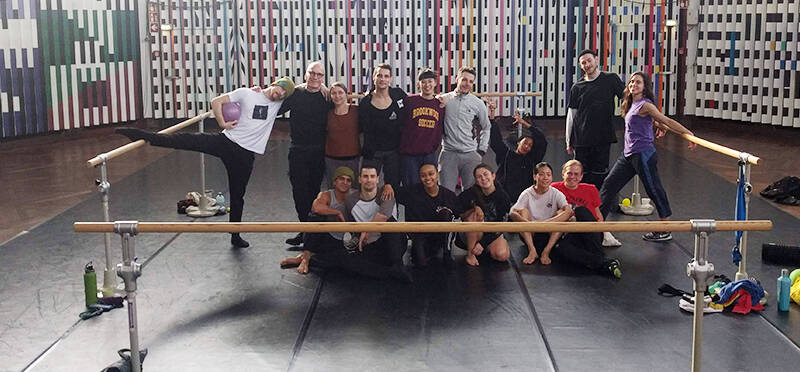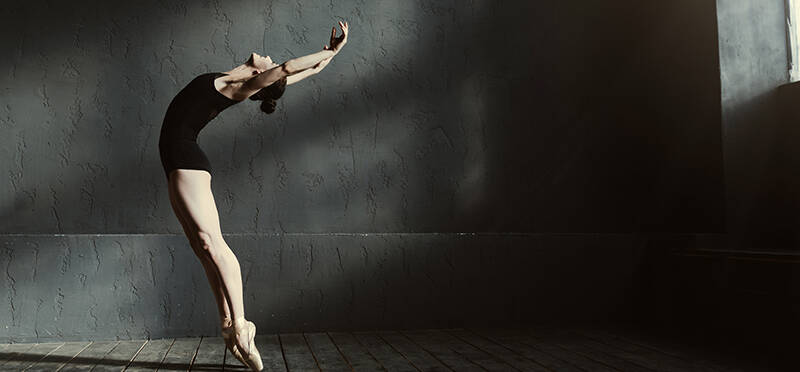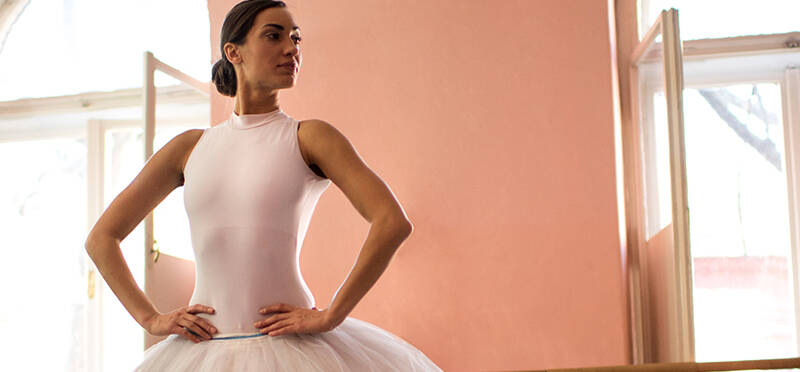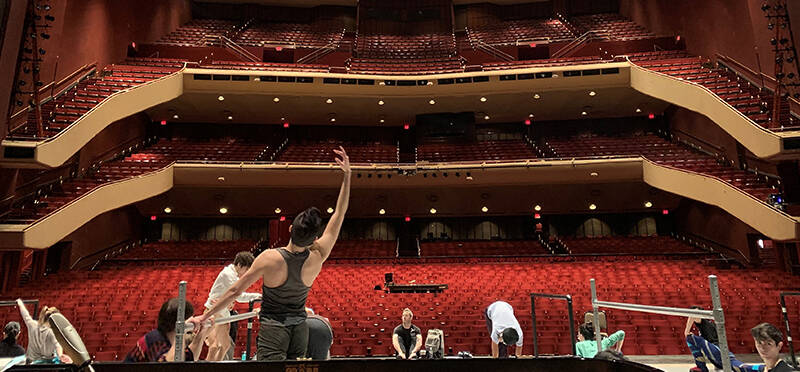From the Dance Floor to the Living Room: A Look into Dance Safety
Posted on March 10, 2021 by Lizzy Miotti PT, DPT
Co-Authors: Andrew Ludwig PT, DPT and Bryan Lind PT, MPT, ATC As the COVID-19 global pandemic continues around the country...
(more…)




